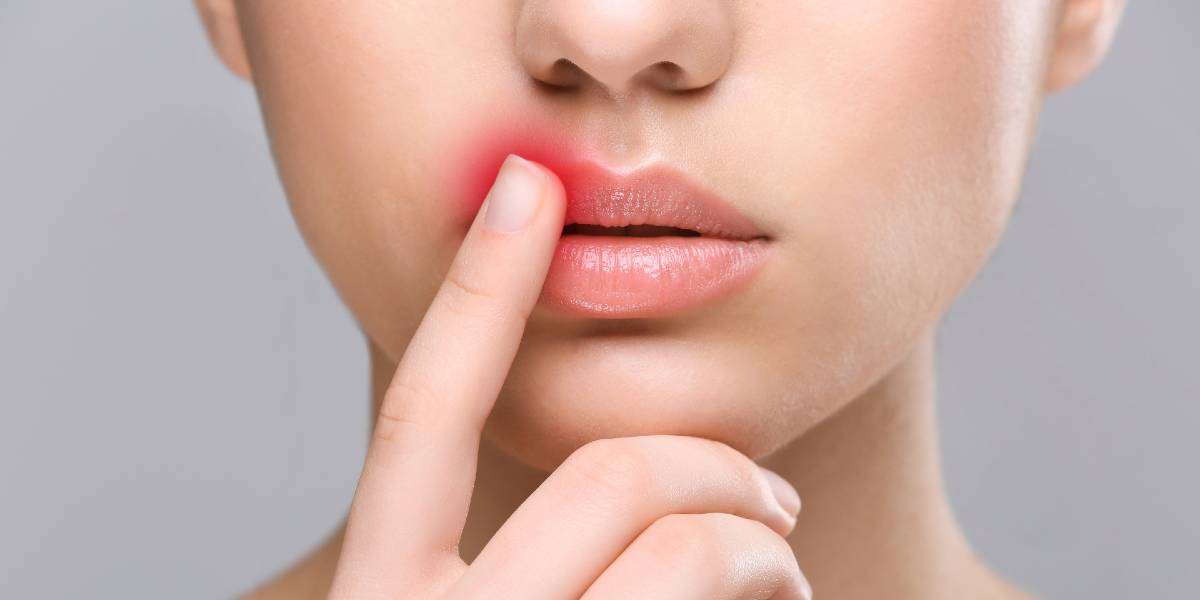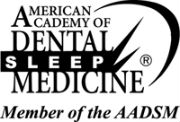Understanding Cold Sores
Cold sores are primarily caused by the herpes simplex virus type 1 (HSV-1). Once infected (usually from coming into oral contact with the saliva of a person who already has HSV-1), the virus remains dormant in nerve cells until it's triggered by certain factors and causes a new episode that leads to the formation of cold sores. Most people are first infected as kids, and since there is no cure for HSV-1, the virus can reactivate periodically throughout a person's life.
Just like Uncle Eddie’s trick knee tingles when a storm is coming, cold sores give advance warning too. The first signs of an impending cold sore outbreak are usually tingling and itching sensations around the lips. Soon after, small clusters of painful fluid-filled blisters develop. These blisters can rupture, forming a crust that eventually heals over a week to ten days.
Sunlight and Cold Sores
So what causes a cold sore to form? Studies have found that exposure to ultraviolet (UV) radiation from the sun can actually reactivate (HSV), prompting the body to develop cold sores. Why? Because UV radiation suppresses the skin's immune system. When exposed to UV rays, important immune cells in the skin (like Langerhans cells and T cells) stop working as well as they usually do, weakening your skin's ability to detect and respond effectively to viral threats.
Because of this, people who are prone to cold sores may experience more frequent outbreaks during periods of prolonged sun exposure, especially during the summer when people spend more time outdoors and UV rays are stronger.
All this means that if you want to prevent summer cold sores, it’s crucial that you protect your skin. Use sunscreen with a high SPF on your lips and face, wear wide-brimmed hats and sunglasses, and seek out shade.
Treatment Options
Even with preventative measures, cold sores still happen. Luckily, even though there is no cure for HSV-1, there are a few ways to treat cold sore outbreaks. Many people use over-the-counter antiviral creams for small outbreaks, and prescription antiviral medications can help with severe or recurrent outbreaks. Home remedies like aloe vera, lysine supplements, or lemon balm are also popular.
But before you shell out for creams that take only kind of work, stop by your dentist’s office. They have what might become your favorite cold sore remedy of all time:
A laser.
Using a special diode laser, your dentist or hygienist can kill the HSV-1 in a cold sore by breaking down its proteins and preventing it from progressing. Even better, the laser also immediately soothes the sensitive nerve endings and brings immediate relief. The laser also creates something called photobiomodulation (BM), which stimulates cells to heal and reduce pain.
As soon as you feel a cold sore coming on (that annoying itching, burning, or tingling), call your dentist. If caught early, the laser will prevent the cold sore from even forming. But if the sore has already formed, no worries. The laser can still cut down the length and severity of the sore, even though the sore will still be visible.
Treatment is quick, easy, and painless! Your dentist or hygienist will complete four 30-second rounds, increasing the laser energy each time. And that’s it! No numbing, no down time. In two minutes, you could completely stop a cold sore in its tracks.
Recent Posts
Maintaining good oral health is essential for overall well-being. One of the key professionals who play a vital role in ensuring optimal oral health is the Registered Dental Hygienist (RDH). Let’s explore how regular visits to your RDH contribute to your overall health while giving you a healthy smile.The term “Certified Dental Hygienist” is actually…
Preventative dental care is essential for maintaining good dental health. Regular check-ups with a dentist can help identify and address potential dental issues before they become more serious. North County Cosmetic and Implant Dentistry in Vista, CA offers a range of preventative dental services to help patients achieve and maintain healthy teeth and gums.One of…
Among the most common dental problems that a general dentist treats are cavities. Most people will experience this form of tooth decay at some point due to:Dry mouthSugary foods and drinksPoor oral hygieneGeneticsThere are several types of cavities, and each can lead to complications without prompt treatment.A general dentist first considers a cavity's location when…







